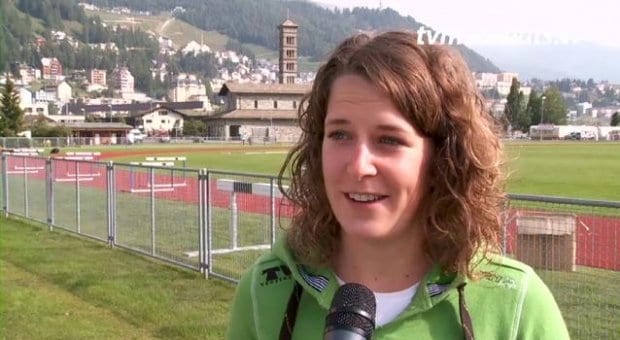Team LGBT has scored its first medal, a gold, at the Sochi Olympics. Dutch speedskater Ireen Wüst won the 3,000-metre speed-skating event on Feb 9, the first of half a dozen out LGBT Olympians at the Games to win a medal. She beat Czech skater Martina Sáblíková by a second and a half for the gold. Wüst is openly bisexual.
In Vancouver in 2010, where she also won a gold medal, Wüst refused to focus attention on her sexuality. “I want to talk about ice skating,” she told reporters. “You are not asking [straight speed skater] Sven Kramer about how his relationship is going. So why would you ask me? If I would’ve had a relationship with a guy, you wouldn’t have asked me either.”
Other out LGBT Olympians in Sochi include Canada’s Anastasia Bucsis and Australia’s Belle Brockhoff.
Openly gay Austrian ski-jumping favourite Daniela Iraschko-Stolz told Reuters that she had met no difficulties being out in Sochi. “No, on the contrary, I think everything is being blown up bigger than it is,” she said. “I had a very good welcome like every other athlete. There were absolutely no problems.”


 Why you can trust Xtra
Why you can trust Xtra


